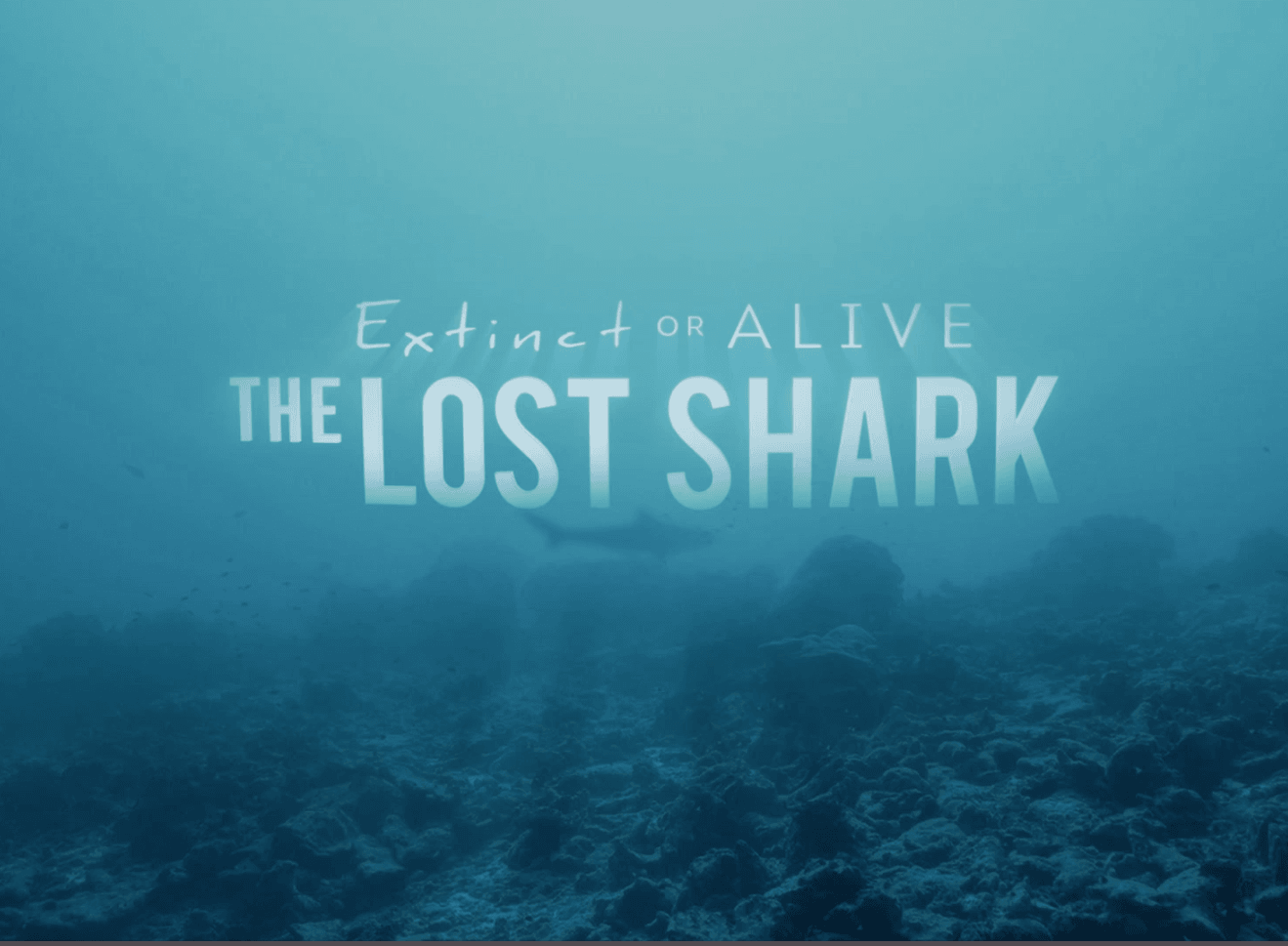Lost Pondicherry Shark Swims into the Spotlight During Discovery Channel’s Shark Week
Global Wildlife Conservation Commends Discovery Channel and Forrest Galante, host of Animal Planet’s ‘Extinct or Alive,’ on Efforts to Rediscover Most Wanted Lost Species
A small shark made a big splash tonight on Discovery Channel’s Shark Week special, ‘Extinct or Alive: The Lost Shark,’ which featured an exciting development in the search for the Pondicherry shark, a species lost to science since 1979 and one of Global Wildlife Conservation’s top 25 most wanted lost species. The episode captures the adventure of wildlife biologist and Extinct or Alive host Forrest Galante in his team’s search for the lost shark, ending in a potentially promising finding in a remote seasonal fishing village in Sri Lanka.
Q2 hedge fund letters, conference, scoops etc
“Although we’re eagerly awaiting additional confirmation that the shark found on the show is, indeed, the Pondicherry shark, we congratulate Discovery Channel, Galante and team for the potential rediscovery of a species that has captured our imagination,” said Don Church, Search for Lost Species lead and president of GWC, which was not affiliated with this expedition. “We are thrilled to see Galante’s passion in joining the quest to rediscover and conserve lost species, using Animal Planet’s sizeable base to transform these otherwise forgotten species into flagships for conservation.”
The Pondicherry shark is a small, stocky, gray shark, no more than three feet in length, and was last seen in India. It was once found throughout Indo-Pacific coastal waters, and can survive in both saltwater and fresh waters. The IUCN Red List of Threatened Species classifies the species as critically endangered, and detailed surveys since 1979 in the Philippines and Indonesia came up short.
Although some regional experts seem confident that the shark Galante found is the Pondicherry shark, identifying this species is especially challenging. The Pondicherry shark looks similar to both juvenile bull sharks, a more common species, and spot-tail sharks. Additional molecular analysis could help confirm the rediscovery.
“The search for the Pondicherry shark is a great example of some of the challenges we face with confirming that lost species are still out there,” Church said. “We know so little about so many of these species, often with very few individuals in museum collections to help guide us. But the only way that we can conserve these animals and plants is by finding them first, learning what we can about them and the ecosystems they live in, and using that information to address the threats to their survival.”
Overfishing is the main threat to sharks, rays and chimaeras globally. According to the IUCN Red List of Threatened Species, the greatest threats to the Pondicherry shark are unregulated artisanal and commercial fisheries, which catch and kill sharks as bycatch. Confirmation of the rediscovery of the Pondicherry shark could spur targeted and tailored conservation efforts to prevent the animal from going back on the lost species list.
“Finding the Pondicherry, at the ends of the Earth in a tiny unnamed fishing village in the most remote part of Sri Lanka after years of research and planning was a flurry of emotions, the strongest of which was massive excitement followed by sincere hope,” Galante said. “To know that something the world had written off as being lost forever, was still hanging on, even if just by a thread, inspires hope. It’s the hope that it’s not too late for the species, the hope that what we have found will make a difference to conservation and the hope that we can right our wrongs and do everything in our power to save this creature, that is truly on the brink.”
Global Wildlife Conservation
GWC conserves the diversity of life on Earth by safeguarding wildlands, protecting wildlife and supporting guardians. We maximize our impact through scientific research, biodiversity exploration, habitat conservation, protected area management, wildlife crime prevention, endangered species recovery, and conservation leadership cultivation. Learn more at http://globalwildlife.org
The Search for Lost Species
The Search for Lost Species, a Global Wildlife Conservation initiative, is the largest-ever global quest to find and protect species that have not been seen in the wild in decades. In collaboration with more than 100 scientists, GWC has compiled a list of 1,200 species of animals and plants that are missing to science. From this list, GWC has teased the top 25 “most wanted” species in the world. Quirky, charismatic and elusive, these species are global flagships for conservation. Learn more at www.lostspecies.org/





